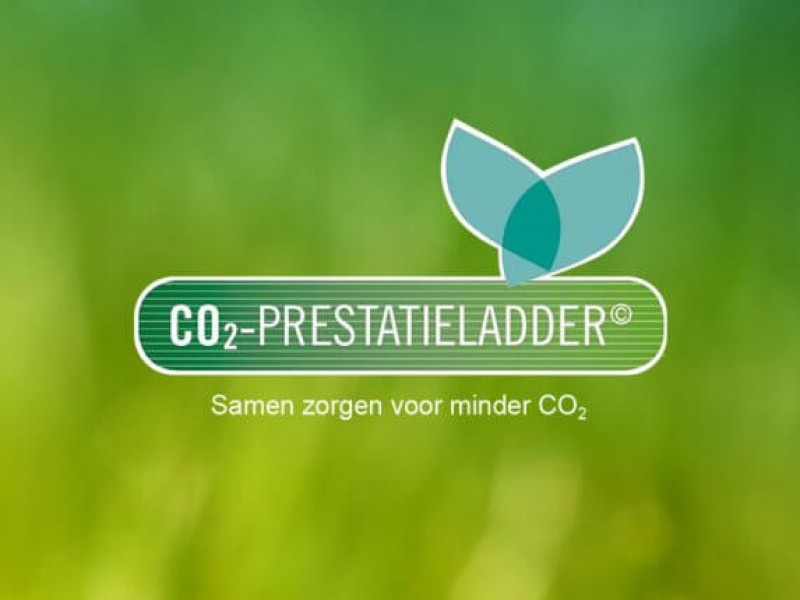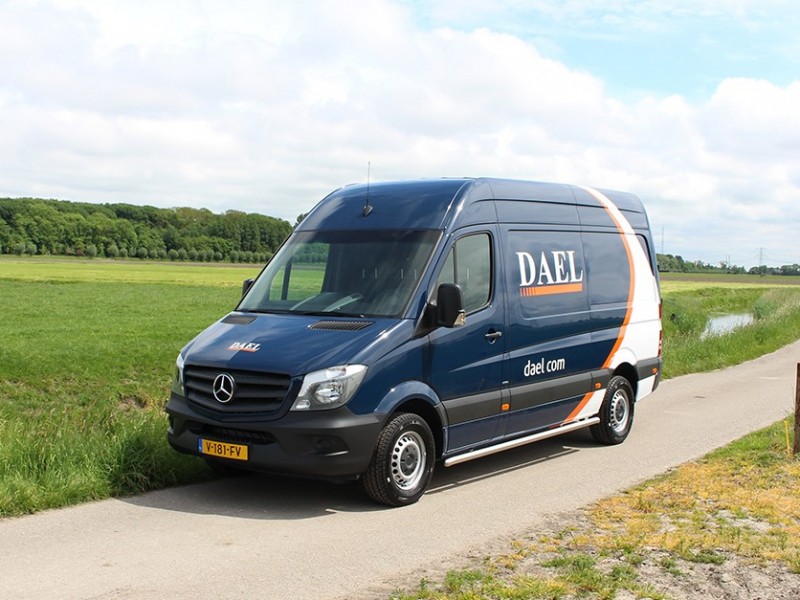We stand for sustainability
As a business firmly rooted in the community, we take our corporate social responsibilities very seriously. Not just in words, but in deeds as well. To clarify which measures we take, the DAEL Group makes use of the CO2 Performance Ladder which is an instrument which originates from a rail management organisation named ProRail. This instrument can be used to make environmental performance understandable and measurable.
The DAEL Group is currently certified at level 5 in accordance with the CO2 Performance Ladder.
CO2 Performance ladder
DAEL aims to reduce the impact of business activities on the environment. We aim to reduce CO2 emissions over the coming years. We have adjusted our objective to: A CO2 emission reduction of 3% per unit of revenue in 2021 when compared to 2018. We are proud to say that we have successfully completed the CO2 Performance Ladder certification and reached the highest maturity level [5].
In order to effectively reduce CO2 emissions, we calculate our CO2 footprint on an annual basis. With the help of this measurement, we determine our annual objectives. Measures that we take into account include the choice of materials and techniques that are less damaging to the environment, reducing fuel consumption and placing solar panels and arranging a new climate system. We also stimulate environmental awareness among our employees.

Downloads and further information
DAEL has, for a long time, implemented an active policy that is focused on reducing the environmental impact of its operations. And we aim to further minimize our CO2 emissions over the coming years. The objective has been made concrete as follows: By 2019, the DAEL Group aims to emit 10% less CO2 than it did in 2014 (See documents below, Dutch only).

Older
Documents 2017: CO2 management plan 2018, CO2 reduction plan 2018, Sector- and chain initiatives 2018, Scope 3 dominance analysis 2017, Certificate CO2 Conscious lv.5 v3.0
Documents 2016: CO2 management plan 2017, CO2 reduction plan 2017, Sector- and chain initiatives 2017, Scope 3 dominance analysis 2016
Documents 2015: Certificate 2015, CO2 management plan 2016, CO2 reduction plan 2016, Scope 3 qualitative- and quantitative analysis 2015, Sector- and chain initiatives 2015
